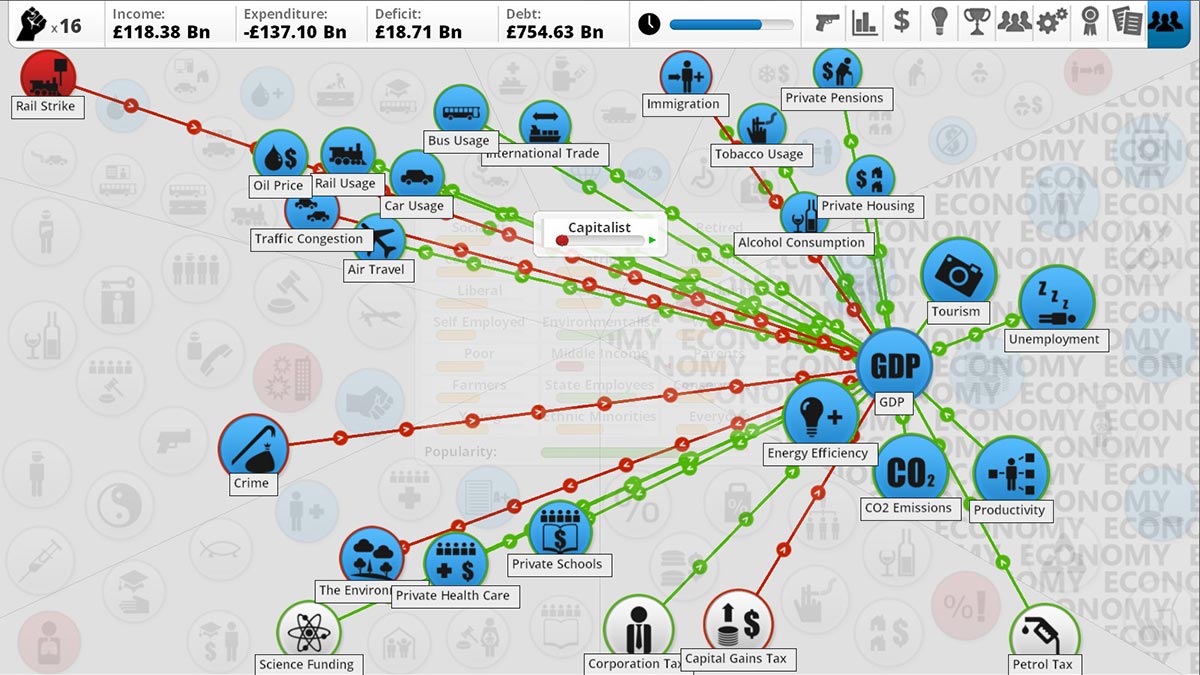More women in the industry could change the kind of games we play

Diversity … the boss of a mobile gaming company says he wants to see more women in the industry. Picture: Getty
Gerald Tock is the boss of a video game company, and he wants to see more women in the industry — not just for equality’s sake, but because he thinks the games will be better.
“Frankly, if you look at the mechanics of the popular games, shooting features a lot [and] hitting. I mean look at the verbs — shoot, hit, punch, grab, smash,” Mr Tock said in an interview with Stockhead.
“I think we do have a lot to grow in terms of inclusion, in themes and in people, in the games industry. There’s so much that we can stimulate and perhaps as an industry we do need to look into that.”
Mr Tock is one of two chief operating officers of iCandy Interactive (ASX:ICI), a mobile game developer focused on South East Asia that listed on the ASX early last year.
The company’s games have been downloaded more than 20 million times. Some of its popular titles are Crab War, Dark Dot and Alien Hive.
You might think those sound simplistic — but if you want a glimpse at the potential of what games can be, you should check out what Mr Tock plays in his spare time.
“A great game that I like to play is Democracy 3. And there you play as a politician, and you learn about political divisions, and then you realise ‘oh @#&% It’s not that simple!’
“Another one that I like is Tropico. It’s a take on the idea of a banana republic, and you have to make economic decisions. Your island turns from a tourist resort — a beautiful island paradise — into this machine that has casinos and commercial buildings.”

Time to grow up
Video games have been an increasing part of life for at least 40 years, since the first popular gaming system — the Atari 2600 — was launched in 1977.
But Mr Tock believes the industry still has a lot of maturing to do.
“We still have a fair bit to go in terms of what themes come up and what mechanics are interesting. And how games can be applied in many other ways beyond just what themes are represented now,” he said.
“I think that partly comes from the participation of people in the industry. Traditionally our industry has been very male-dominated, and I think we’re starting to see a change in that.
“We need to encourage and support the education of women in the games industry and the participation of women in the games industry.”
Just 15 per cent of Australian game developers are female, according to Bureau of Statistics figures from June. iCandy has operations in Australia, Singapore and Malaysia.
Having more women involved in game development would change the themes and mechanics of games on the market, Mr Tock said.
“Then different conversations start to happen, and it can manifest itself in terms of different ways in which games are executed,” he said.
“We may start to see more co-operative attributes being part of the core design. And that’s not saying that men can’t be co-operative, that’s saying certain attributes do tend to come out more.
“We may see less ‘hack and slash’ for example, less hardcore action. I’m not saying that women don’t enjoy those as well, but we may see other stuff coming out. I do think we would see more of a variety and diversity of themes.”
How the business looks
Mr Tock’s priorities for the financial year ahead are to continue with the company’s strategy of acquiring the best of smaller local game developers, as well as trying to break into “unique territories” such as India and China through partnerships.
“Unique territories [are] countries where you do require a bit more localisation, so we’re looking at a strategic partnership with a partner in a key territory,” he said.
In March this year, iCandy acquired a developer called Inzen Studio — which is where Mr Tock came from — and also owns Appxplore. It is on the hunt to buy more.
The company boasts impressive revenue figures, but is still relatively cash poor.
Revenue grew 633 per cent in the 2016-17 financial year to $1.13 million, compared to the previous period.
However iCandy had just $76,000 in the bank at the end of June, after earning $135,000 from customers receipts in that quarter and spending $241,000.
It expects to spend another $509,000 in the current quarter, which will be offset by customer receipts, and issued an updated investor presentation in June.
ICI closed at 8.5c on Thursday. Shares have traded between 4c and 17c over the past 12 months, and have generally been on the rise.
UNLOCK INSIGHTS
Discover the untold stories of emerging ASX stocks.
Daily news and expert analysis, it's free to subscribe.
By proceeding, you confirm you understand that we handle personal information in accordance with our Privacy Policy.








